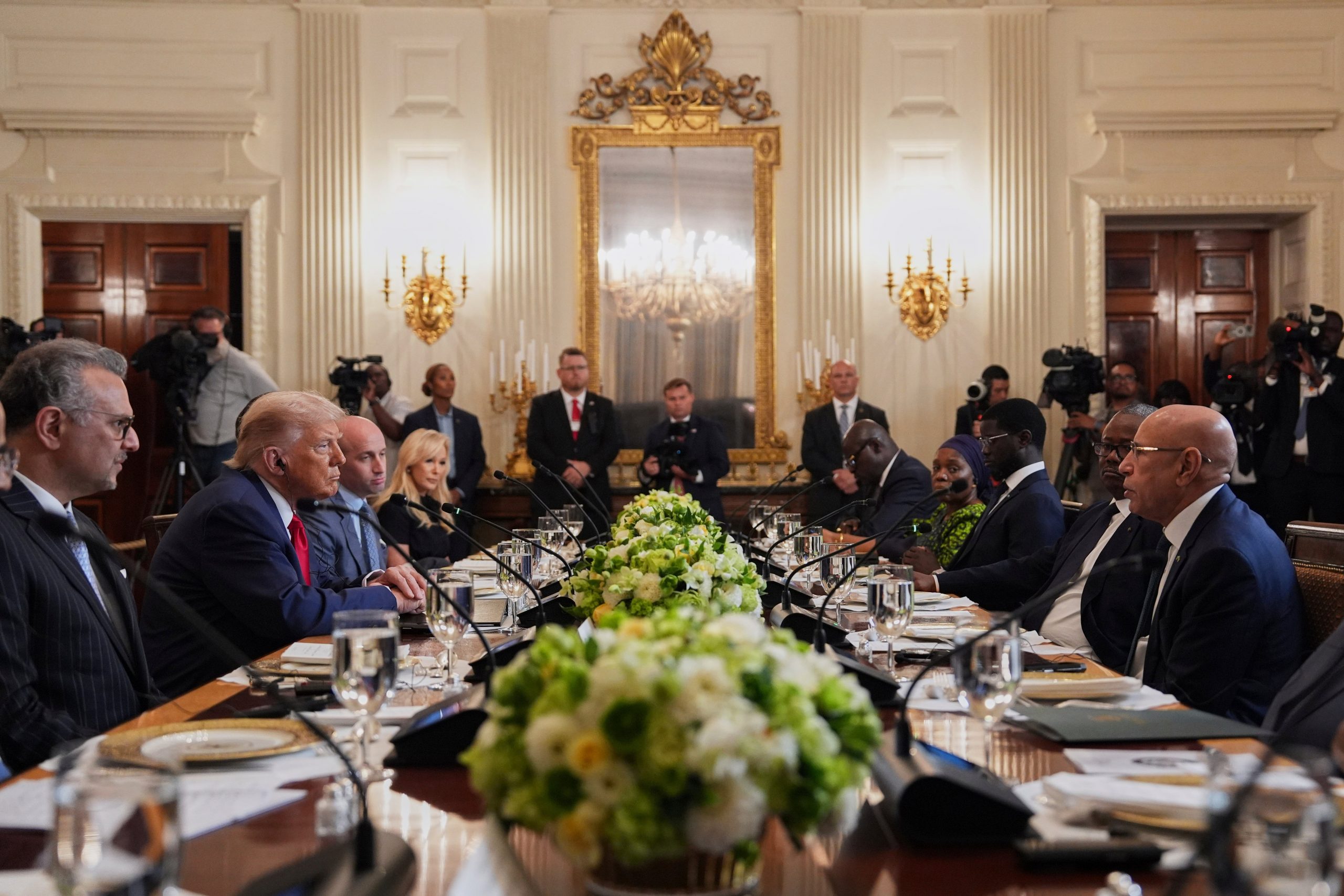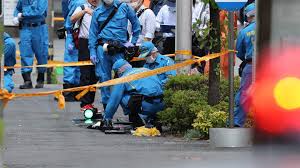The United Kingdom, France, and Germany known together as the E3 have warned Iran that they are ready to bring back tough international sanctions if Iran does not return to the negotiating table over its nuclear programme by the end of August.
In a letter to the United Nations and Secretary-General António Guterres, the foreign ministers of the three countries said Iran had ignored their offer to extend the deadline for restarting nuclear talks.
They made it clear that if Iran continues to avoid negotiations, they will activate a “snapback” mechanism. This would automatically restore sanctions that were lifted under the 2015 nuclear deal.
The E3 stressed they are determined to stop Iran from developing a nuclear weapon, using all diplomatic means available. However, Iran has repeatedly denied it is trying to build a bomb and insists its nuclear programme is for civilian use only.
Iran’s parliament has threatened to withdraw completely from the 2015 nuclear agreement if new sanctions are imposed. Lawmaker Manouchehr Mottaki told Iranian media that parliament was prepared to take this step.
The situation has become tenser in recent months. In May, the UN’s nuclear watchdog the International Atomic Energy Agency (IAEA) reported that Iran had stockpiled over 400kg of uranium enriched to 60% purity. This is far beyond what’s needed for peaceful purposes and is near weapons-grade levels.
In June, Iran’s parliament suspended cooperation with the IAEA after a series of confrontations with the United States and Israel.
That same month, Israel launched attacks on Iranian nuclear sites, which led to a brief but intense 12-day war. The US also bombed several nuclear facilities in Iran, which caused talks between the US and Iran to break down completely.
In response to these developments, the E3 countries have increased their pressure on Iran, warning that continued refusal to cooperate with international inspections could lead to serious consequences.
Iran has said it is willing to hold more talks but only if existing sanctions are first lifted and its right to a civilian nuclear programme is fully respected. So far, the country has not responded to the E3’s latest offer to resume negotiations.
The original 2015 nuclear deal was signed by Iran, the E3, the United States, Russia, and China.
In return for limiting its nuclear activities and allowing inspectors into its facilities, Iran received relief from many international sanctions.
However, the deal has been falling apart since the United States withdrew from it in 2018 under President Donald Trump, who said it was too weak to stop Iran from eventually building a nuclear bomb.
After that, the US reimposed all its sanctions, and Iran began violating the deal’s terms more frequently.
The agreement is set to officially expire in October 2025, leaving little time for a renewed diplomatic solution.
Both the UK Foreign Office and Iran’s mission to the UN have not yet responded to requests for comment.



